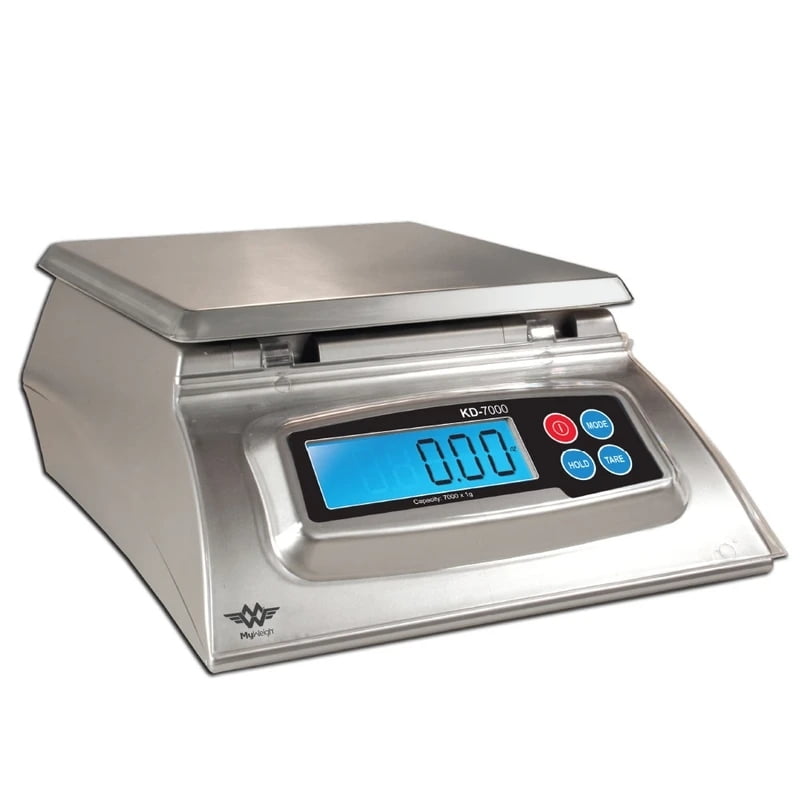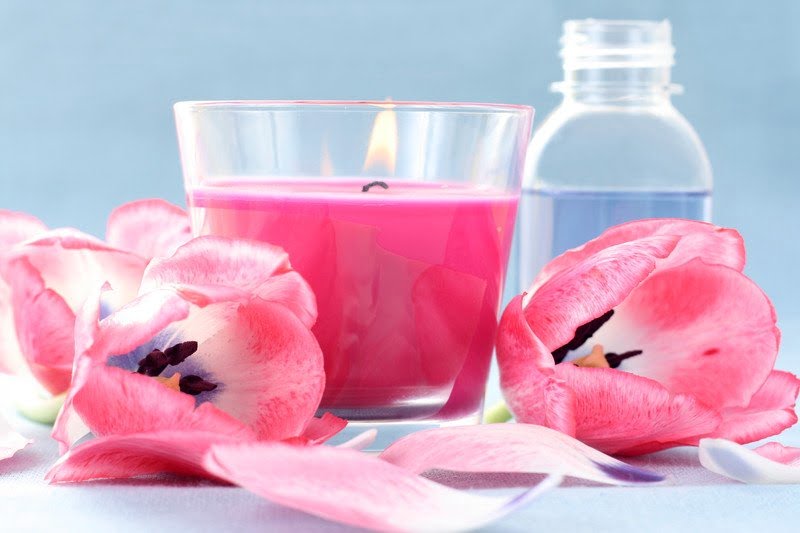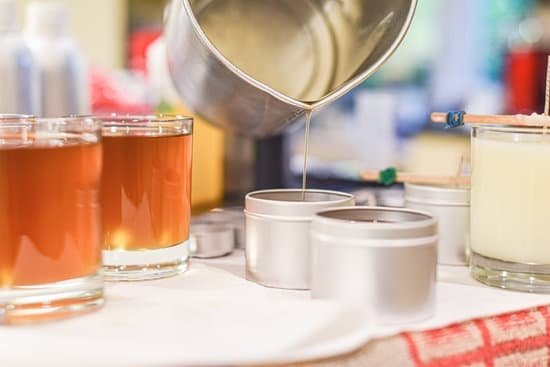Introduction
Candle making is a craft that can be enjoyed by novice and experienced crafters alike. There are many different types of candles to make such as scented candles, votives, pillars, tealights, tapers and container candles. Regardless of your experience level, the basic process for making quality homemade candles remains the same.
The first steps for candle making include gathering all the tools and supplies needed such as wax, wicks, a melting pot, glass jars or other forms used for candle containers and dye or scent if desired. Once these items are collected, the wax must be melted in the melting pot according to the manufacturer’s instructions for temperature requirements so it does not burn above its flash point.
The second set of steps involves pouring the melted wax into chosen containers at a certain temperature that will minimize air bubbles from forming. The wicks need to be placed and held in place while pouring the melted wax over them. To ensure proper burning with minimal smoke and soot, it’s important to use the right size wick for each type of candle being made. A common beginner’s mistake is using too large a wick or not centering it correctly causing tunneling when lit or trimming when extinguished.
The last set of candle making steps focuses on finishing touches before burning such as aesthetically leveling off all sides of the container top by lightly scraping along them while still hot with a knife edge scrap piece or pancake turner wedge before cooling takes place helps achieve an even finished look which translates into an appealing presentation when gifting or selling candles you’ve made! Additionally, adding colors or fragrances can help create unique designs based upon one’s own creativity. Lastly any remaining imperfections can be gently touched up with a soft cloth dampened with rubbing alcohol prior to burning or packaging.
What You Need to Get Started
In order to get started with candle making, you will need to acquire the right ingredients and supplies. The most common waxes used in candle making includes: soy wax, beeswax, paraffin wax, and palm wax. Depending on your preferences, you can also use a blend of several different kinds of waxes together. Fragrance oils, candle dyes (optional), wicks, jars or molds for the candles are also needed items to include in your purchase list. All these materials can easily be found at craft stores and specialty retailers that sell supplies for candle making projects. In addition, many online retailers offer bulk discounts and free shipping on orders over a certain dollar amount.
Step-by-Step Guide to Candle Making
Safety is an important consideration in candle making and should never be disregarded when heating wax, melting wax or working with an open flame. It is recommended that an adult be present when children are making candles. Safety guidelines should include:
• Wear protective clothing such as long sleeves, gloves and safety glasses.
• Do not leave a lit candle unattended; ensure any fires are quickly extinguished and monitored carefully.
• Store flammable ingredients away from sources of heat, flame or sparks.
• Work over a flat stable surface away from draughts.
• Secure the work area so pets or small children cannot access it while materials are being heated.
• Have fire extinguishers and a bucket of sand nearby in case of accidents
• If using metal containers, use pot holders to handle them due to the risk of burns from retained heat within the metal container.
Troubleshooting Tips and Variations
Troubleshooting Tips:
1. Check the size of your wick. If it is too large, try using a smaller size.
2. Make sure that the wax is completely melted and at the right temperature when pouring into your container – otherwise cracks may form in your finished candle.
3. Avoid unintentionally trapping air bubbles in your wax as you pour – this can lead to uneven burning or weak flames.
4. Always let your candles cool for a few hours before attempting to add labels, decorations, or moving them from their molds.
Variations:
1. Wrap cord around the outside of the candle to create a layered appearance, or weave in a pattern to form an intricate design.
2. Dip the edges of the candle into colored wax for an artistic marbling effect when lit from within.
3. Add essential oil scents to scent candles- combine different oils for unique fragrances!
4. Embed dried flowers and herbs for subtle decoration -these can also add unique aromas when burned!
What’s Next After The Basics
One of the more advanced techniques for candle making is to make shaped candles. Different size molds can be used, such as tins, plastic molds and muffin tins, to create pillar-shaped candles with unique shapes. Additionally, special additives can be added to the wax mixture to provide a variety of textures or colors.
Another advanced technique is candle carving. In this process, pieces of melted wax are carved away using tools like an awl or a sharp knife on the outside of an already hardened candle to reveal intricate designs and patterns.
Finally, glitter candles are becoming increasing popular in terms of more advanced techniques for candle making. To create these fun and attractive candles, one must roll the finished candle in either coarse or concentrated glitter. Glitter is a great way to add some sparkle and glamour to any home décor item.
Conclusion
Candle making is a fun, rewarding and therapeutic hobby. With the right materials and a few basic steps you can have unique candles to enjoy and share. For example, you can choose attractive containers and creative wicks, experiment with various scents or colorful dyes. You can even put your own personal touch on candles by incorporating charms, crystals or self-made molds into them. The possibilities are endless!
Once your candles are complete, they can be used as decorations in any space, given as thoughtful gifts to friends and family or even sold at craft markets. Celebrate special occasions such as holidays, birthdays or anniversaries by setting the mood with personalized creations that bring warmth and light anywhere it is appreciated. Candles are also perfect for creating ambiance in night time settings like outdoor parties or meditation rooms. As a beautiful symbol of loveand hope, candles honor the spirit within all of us that deserves celebration and cause for thankfulness.

Welcome to my candle making blog! In this blog, I will be sharing my tips and tricks for making candles. I will also be sharing some of my favorite recipes.





